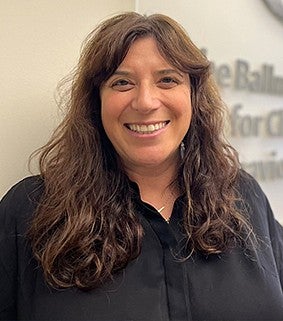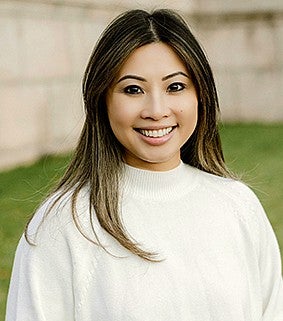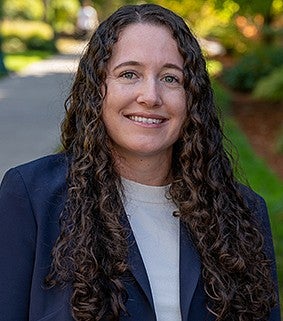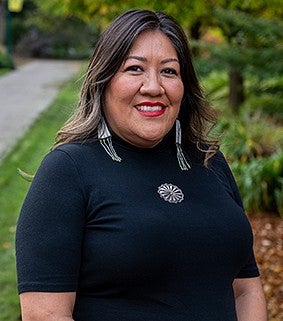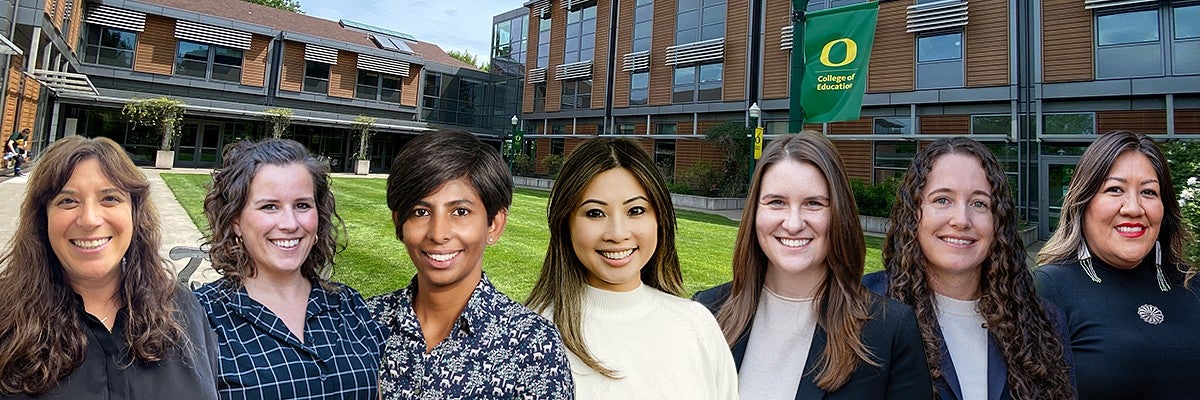
The University of Oregon College of Education is pleased to welcome seven new tenure-track faculty members this year: Sarah Kate Bearman, Sofia Benson-Goldberg, Maithreyi Gopalan, Cindy Huang, Ashley Linden-Carmichael, Kristin Perry, and Amanda Tachine.
These new faculty bring a diverse range of backgrounds and research interests and will strengthen our college across our academic departments and research centers and will support the important work of The Ballmer Institute for Children’s Behavioral Health. They will expose our students to impactful areas of research including youth mental health promotion, high-risk alcohol use in young adults, prenatal substance use and early childhood outcomes, Indigenous students’ experiences in higher education, and using educational policy and data science to improve outcomes for underserved students.
“I am thrilled to welcome this strong cohort of new colleagues to our College of Education. Their research is impactful and will advance our academic programs and accelerate the impact of our research mission, driving positive change, and supporting and empowering our students,” said Laura Lee McIntyre, dean of the College of Education. Learn more about each new faculty member below.
Research Interests: Youth Mental Health, Treatment Effectiveness and Implementation, Transdiagnostic Interventions, Mental Health Workforce Training and Support
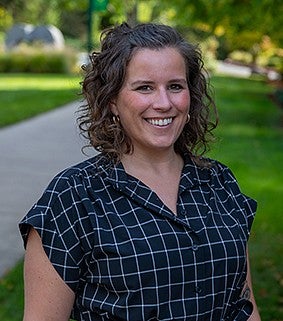
Research Interests: Augmentative and Alternative Communication (AAC), Emergent and Early Literacy for AAC Users, Reading Comprehension for Individuals with IDD, Eye-Tracking
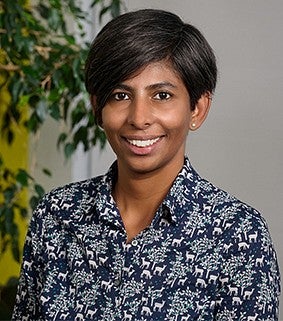
Research Interests: Policy Analysis, Quasi-Experiments, Education-Health Nexus, Social Psychology for Policy
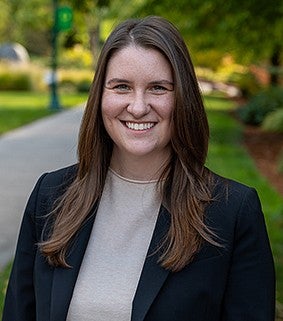
Research Interests: Alcohol and Cannabis Use, Intensive Longitudinal Designs, Young Adulthood
Research Interests: Prenatal Substance Exposure, Early Childhood Development, Aggression, Family Processes, Peer Processes

